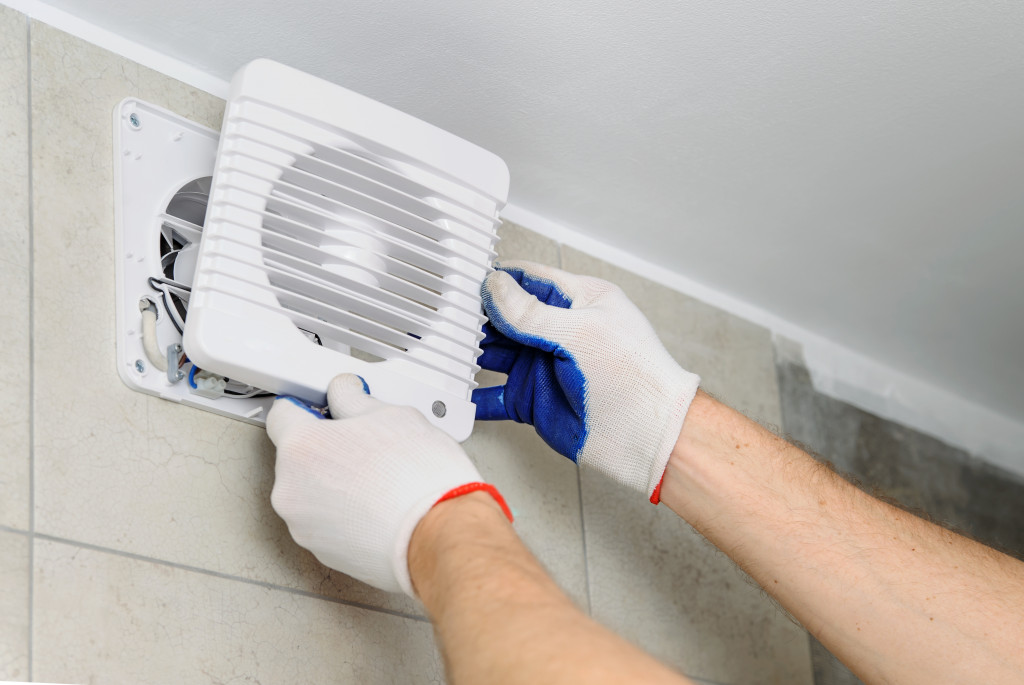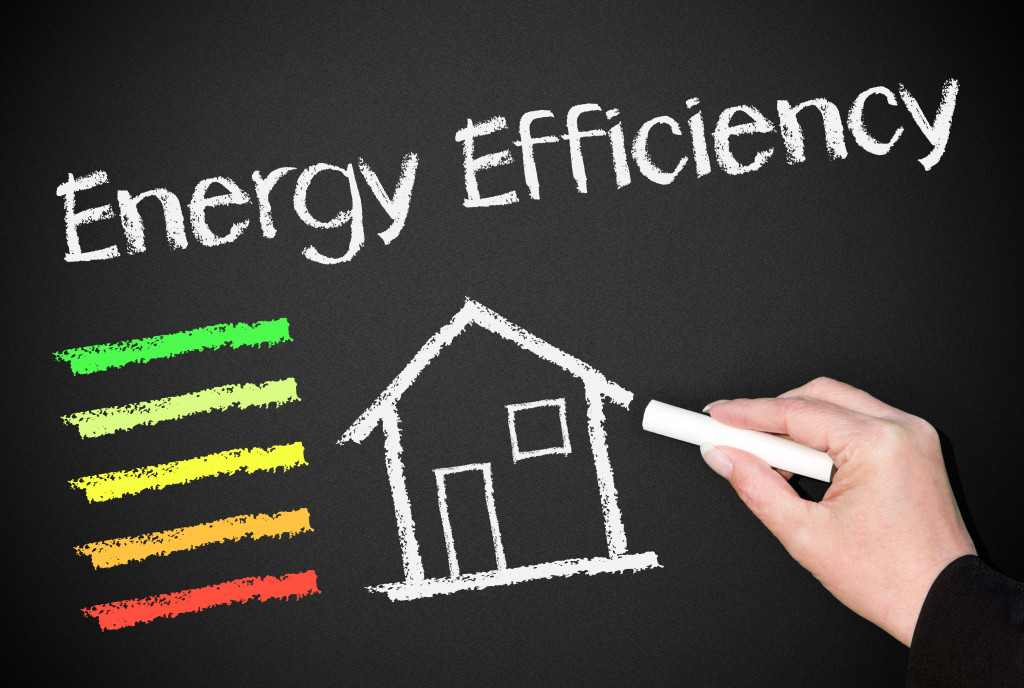- Choose non-toxic cleaning products to reduce toxin exposure.
- Improve indoor air quality by ensuring proper ventilation and using air purifiers.
- Avoid harmful pesticides by using natural alternatives like companion planting or natural repellents.
- Practice safe food handling by washing produce thoroughly, avoiding plastic containers, and storing food properly.
- Make your home more energy efficient with LED light bulbs, insulation, an energy audit, and sealing air leaks.
Ensuring the safety and well-being of your family is a top priority, and one area that often goes overlooked is the exposure to toxins in your everyday environment. From household cleaning products to air pollution, various sources of toxins can harm your health. This guide will provide five valuable tips to help reduce your family’s exposure to toxins. By implementing these tips, you can create a healthier and safer environment for your loved ones.
1. Choose Non-Toxic Cleaning Products
Many conventional cleaning products contain harmful chemicals that can contribute to indoor air pollution and negatively impact your family’s health. Opt for non-toxic cleaning alternatives, such as natural and biodegradable cleaners or homemade solutions using vinegar, baking soda, and essential oils. These alternatives are safer for your family and better for the environment.
2. Improve Indoor Air Quality

Household items can emit dust, allergens, and volatile organic compounds (VOCs), polluting indoor air. Improve indoor air quality by ensuring proper ventilation in your home. Open windows regularly to allow fresh air to circulate, and use exhaust fans in kitchens and bathrooms to remove pollutants. Additionally, consider using air purifiers with HEPA filters to capture airborne particles and allergens.
3. Avoid Harmful Pesticides
Pesticides used in gardens or for pest control inside the home can pose significant health risks to your family. Minimize or eliminate chemical pesticides and opt for natural alternatives, such as organic pest control methods, like companion planting or using natural repellents. If professional pest control services are required, choose companies that use environmentally friendly and less toxic options.
Also, be sure to carefully read product labels and follow instructions regarding the use of pesticides to minimize exposure. Always store these products properly and keep them out of reach of children. Protecting your family from the hazards of harmful pesticides is essential in creating a healthier home environment.
4. Practice Safe Food Handling
Reduce your family’s exposure to toxins through safe food handling practices. Choose organic produce whenever possible to minimize pesticide residues. Wash fruits and vegetables thoroughly before consumption to remove any potential chemical residues. Store food in safe containers, avoiding plastic containers containing harmful chemicals like bisphenol A (BPA). Opt for glass or stainless steel containers instead.
5. Make Your Home More Energy-Efficient

Improving your home’s energy efficiency helps reduce your carbon footprint and your family’s exposure to toxins associated with energy consumption. This can help reduce the need for toxic materials used in conventional building practices and decrease your reliance on fossil fuels, leading to a healthier and more sustainable living environment.
Here are tips for making your home more energy-efficient:
Install LED Light Bulbs
LED bulbs are a great way to save energy and reduce electricity costs. They use approximately 80% less energy than traditional incandescent bulbs, have an extended lifespan of up to 25 times longer, and produce significantly less heat. Installing LED bulbs throughout your home is a simple upgrade that can significantly affect your monthly utility bills.
Improve Insulation
Insulating your home’s walls, attic, floor, and basement is essential for keeping the temperature comfortable all year round while also conserving energy. High-quality insulation will keep your home cooler during hot summers and warmer during cold winters without increasing heating or air conditioning use—saving you money in the long run.
Conduct a Home Energy Audit
As part of your energy-efficiency efforts, you must have an efficient home energy audit to identify areas where your home is losing energy. This can help you determine necessary upgrades and where to invest in more efficient materials or technologies. An audit can also provide valuable data on how much energy your home consumes each month and the potential savings from making improvements.
Seal Air Leaks
Air leaks around windows, doors, ducts, and other openings are leading causes of increased energy consumption. Sealing these gaps with weatherstripping or caulk will keep cool air inside during summer and warm air during winter—and save money on utilities in the process. Additionally, sealing up cracks around windows and doors can help reduce air infiltration, saving energy.
In Summary
Reducing your family’s exposure to toxins is essential for promoting a healthy and safe living environment. You can significantly reduce the risk of toxin exposure by choosing non-toxic cleaning products, improving indoor air quality, avoiding harmful pesticides, practicing safe food handling, and making your home more energy-efficient. These simple yet impactful steps will contribute to the well-being of your family and create a healthier and more sustainable home for everyone. Small changes can significantly safeguard your family’s health and reduce environmental toxins.



















